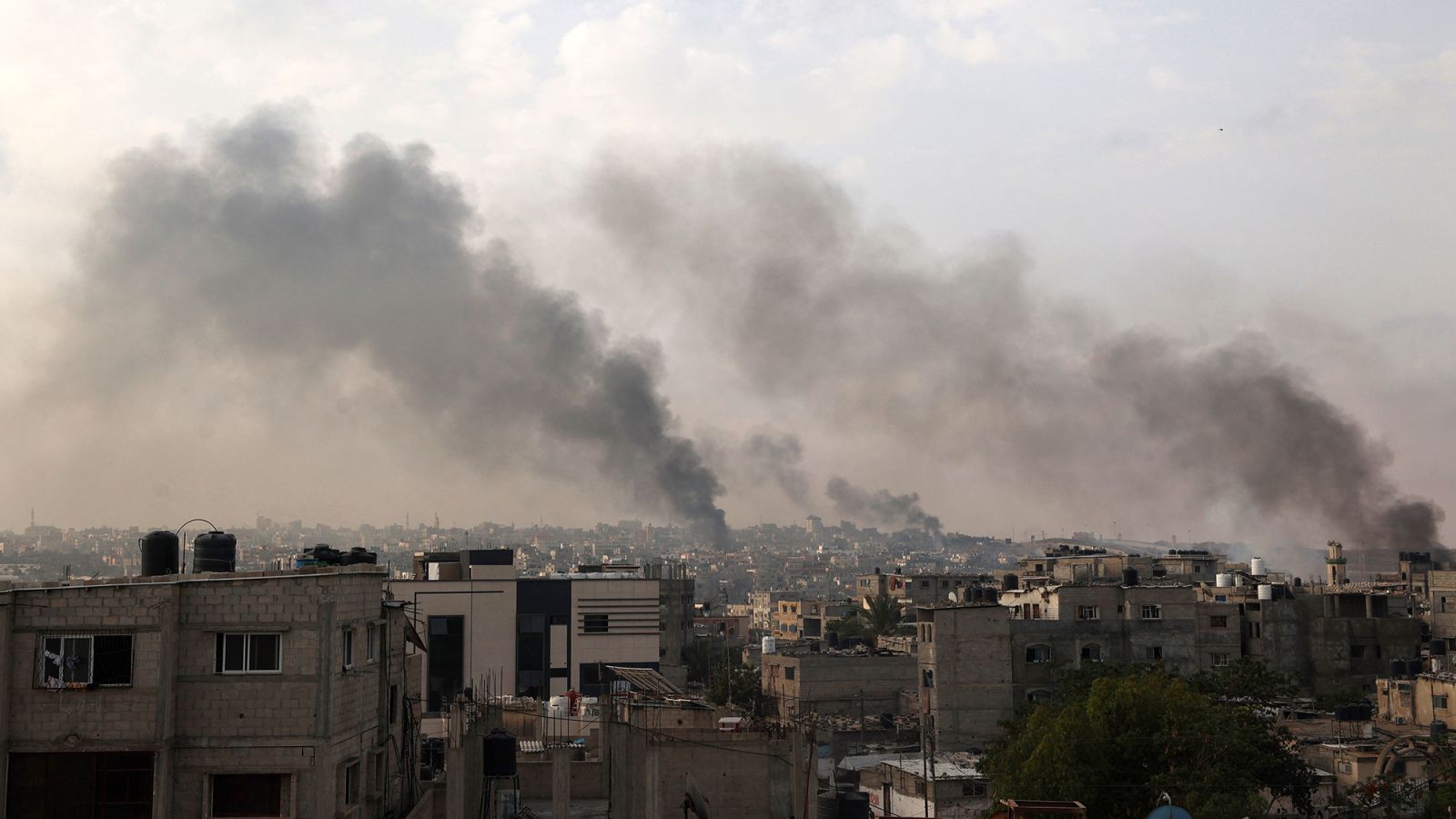Israel's Offensive in Rafah: A Deepening Crisis
The ongoing Israeli military operation in Rafah, a southern city in Gaza, has escalated tensions and concerns globally. As confirmed by the Israel Defense Forces (IDF), troops have entered the central part of Rafah, locating Hamas rocket launchers, terrorist tunnels, and a significant weapons storage facility. This operation, which included the dismantling of the storage facility, marks a significant turn in Israel's mission against Hamas.
The situation in Rafah has been severe, with a humanitarian crisis unfolding. Over 36,000 Palestinians have died, and most of the population has been displaced. The military confrontation has evolved, posing immense challenges for the Israeli army. According to military expert Colonel Hatem Al-Falahi, controlling residential areas requires substantial force, which Israel currently struggles to wield.
International Outcry and Israeli Spying Allegations
Israel's actions have not only led to a humanitarian catastrophe but also sparked global outrage. Recent airstrikes on a displaced persons camp in Rafah resulted in numerous casualties, including two Hamas leaders. The carnage and chaos were captured in disturbing images, showing victims, including children, pulled from the rubble.
Adding to the controversy, allegations have emerged about Israel's espionage activities targeting the International Criminal Court (ICC). The British newspaper The Guardian revealed that Israel spied on ICC Prosecutor Karim Khan and threatened former prosecutor Fatou Bensouda. Such actions were heavily criticized by Israeli media, describing them as 'dirty and dangerous.'
Despite the escalating violence and international concern, US support for Israel remains steadfast. President Joe Biden stated earlier this month that he would not allow certain US weapons to be used in major offensives in Rafah. However, this stance has not deterred Israel's aggressive actions.
- Al-Falahi noted that the resistance factions in Rafah are adapting to the circumstances, maneuvering and positioning themselves strategically. He believes the resistance is utilizing no more than 25% of its capabilities, preparing for a prolonged confrontation if needed.
- Meanwhile, Israeli media criticism concerns the country's ethical conduct. Channel 13's political analyst Rafif Drucker and Kan's political affairs correspondent Amichai Stein pointed to the lack of categorical denial from Prime Minister Netanyahu's office regarding the spying allegations. This hints at the possibility that the reports are at least partially true.
- The Israeli War Council and Defense Minister Yoav Gallant face internal debates on handling the ongoing conflict and possible exchange deals for prisoners. Western negotiators have conveyed to Israel that Hamas will not govern Gaza post-war, urging a comprehensive long-term solution involving reconstruction and a cessation of hostilities.
- Despite these discussions, pessimism persists regarding a prisoner exchange deal with Hamas. Former National Security Council Chairman Giora Eiland expressed doubt that Hamas leader Yahya Sinwar would accept an agreement that does not meet their terms of stopping the war.






